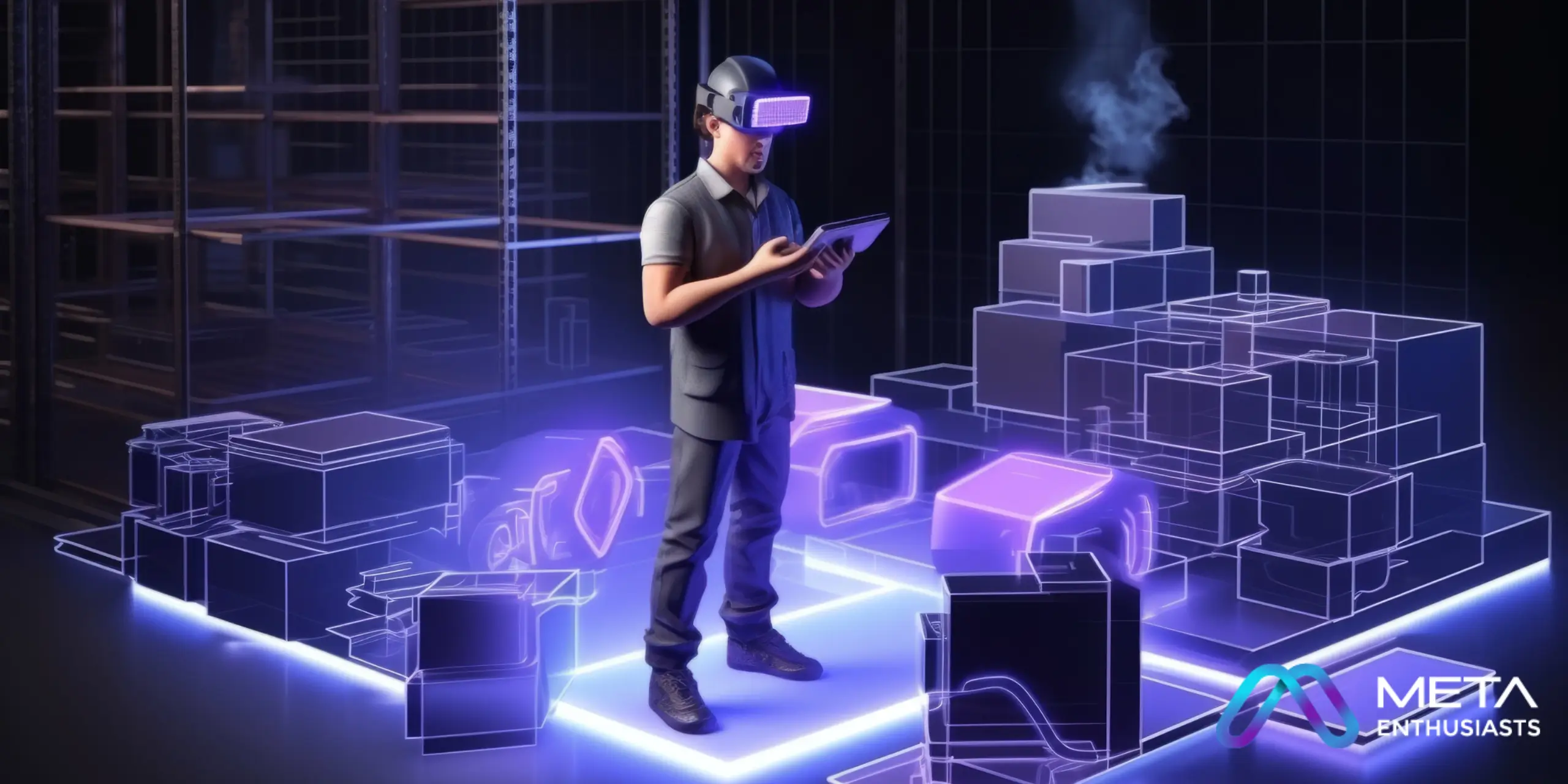The concept of owning virtual real estate in the Metaverse might sound like something out of a science fiction novel, but it’s rapidly becoming a reality. As the digital world expands, opportunities to invest in virtual properties are growing. Whether you’re a tech enthusiast or a business investor, understanding how to navigate this new terrain can be both exciting and profitable. So, how do you get started in buying virtual land in the Metaverse?
Table of Contents
ToggleIntroduction to Virtual Real Estate
Imagine owning a piece of the internet where you can build, interact, and even earn money. That’s the essence of virtual property in the Metaverse. As digital environments become more immersive and interconnected, virtual real estate offers a unique investment opportunity that blends technology with traditional real estate principles.

What is the Metaverse?
The Metaverse is a collective virtual shared space, created by the convergence of virtually enhanced physical reality and physically persistent virtual reality. It includes augmented reality, virtual reality, and the internet. Think of it as a digital universe where people can interact, work, play, and live.
Why Invest in Virtual Real Estate?
High Growth Potential: Just like the early days of the internet, the Metaverse is expanding rapidly. Investing now can be akin to buying land in a developing city.
Diverse Opportunities: From creating virtual storefronts to hosting events, the ways to monetize virtual real estate are numerous.
Global Access: Unlike physical property, virtual propert is accessible from anywhere in the world.
Choosing the Right Metaverse Platform
- Decentraland: A decentralized virtual world where users can purchase, develop, and sell virtual real estate.
- Sandbox: A community-driven platform where players can build, own, and monetize their gaming experiences.
- Cryptovoxels: A user-owned virtual world built on the Ethereum blockchain.
Want to know more about Metaverse platforms? Read here.
Types of Virtual Real Estate
Land Parcels: The most common form of virtual real estate, where you can build structures or rent out space.
Virtual Offices: Spaces designed for remote work and virtual meetings.
Event Spaces: Venues for hosting virtual events, conferences, and concerts.
Retail Spaces: Digital storefronts for selling virtual goods or services.
How to Purchase Virtual Real Estate
Step-by-Step Guide
Create a Digital Wallet: You’ll need a cryptocurrency wallet, such as MetaMask, to store and manage your virtual real estate and funds.
Choose a Metaverse Platform: Decide which Metaverse platform suits your needs and goals.
Purchase Cryptocurrency: Buy the required cryptocurrency (e.g., ETH for Ethereum-based platforms).
Browse Listings: Explore the available properties on the chosen platform’s marketplace.
Make an Offer or Bid: Depending on the platform, you may need to place a bid or buy the property at a fixed price.
Finalize the Transaction: Complete the purchase through your digital wallet.
Factors to Consider Before Buying
Location: Just like in the real world, the location of your virtual property matters. High-traffic areas can be more valuable.
Development Potential: Consider what you can build or how you can develop the property.
Community: A vibrant community can enhance the value of your virtual real estate.
Platform Stability: Ensure the Metaverse platform is reliable and has a solid user base.
Building and Developing Your Virtual Property
Once you’ve purchased your virtual real estate, the fun begins. You can build structures, create interactive experiences, or even develop a business. Think of it like building a city from scratch in a video game, but with real-world implications and opportunities.
Monetizing Your Virtual Real Estate
Renting: Lease your property to others for events, offices, or retail spaces.
Advertising: Use your space for virtual billboards or sponsorships.
Hosting Events: Charge for hosting virtual conferences, concerts, or exhibitions.
Selling Digital Goods: Open a virtual store to sell NFTs, digital art, or other virtual items.
Risks and Challenges
Market Volatility: The value of virtual real estate can fluctuate significantly.
Technology Dependency: Your investment is tied to the platform’s technology and success.
Legal Issues: The legal landscape for virtual real estate is still evolving, which can pose risks.
Future of Virtual Real Estate
The future of virtual real estate is promising, with advancements in technology and increasing adoption of virtual environments. As more people and businesses recognize the potential of the Metaverse, the demand for virtual real estate is likely to grow.
Legal and Security Considerations
Ownership Rights: Ensure you understand the ownership rights and terms on the platform.
Security Measures: Protect your digital assets with strong security practices and stay informed about potential threats.
Regulatory Compliance: Stay updated on any legal regulations that might affect your virtual property.
Case Studies: Success Stories
Decentraland's Genesis Plaza
Genesis Plaza in Decentraland is a prime example of successful virtual real estate development. It serves as a central hub where users can interact, participate in events, and explore the Metaverse.
Sandbox's LAND Sales
Sandbox has seen significant success with its LAND sales, where virtual plots have been sold for impressive sums, highlighting the growing interest and value in virtual real estate.
Conclusion
Investing in virtual real estate in the Metaverse is an exciting frontier with vast potential. By understanding the landscape, choosing the right platform, and considering key factors, you can make informed decisions and capitalize on this emerging market. Lastly, as technology evolves, the opportunities within the Metaverse will continue to expand, making now an ideal time to explore this digital realm.


